








Cancelling your registration will remove your access to the event. If you proceed, you will no longer be able to participate or access event-related materials.
Deleting your account will remove your access to the event.
Need Technical Assistance? ✉ tech@vfairs.com
View Info
Hide Info
test information
View Info
Hide Info
PsiQuantum
In this talk we will describe progress towards large-scale, fault-tolerant quantum computing with photons. This talk will span materials innovations for high-performance photonics, improvements in photonic component performance with an emphasis on improved optical loss, prototype systems of entangled photonic qubits, qubit networking, and novel high-power cryogenic cooling solutions designed for future datacenter-scale quantum computers. We will show new prototype systems designed to progressively overcome the key challenges to scaling up photonic quantum computers. We will also give an overview of the architecture of fusion-based photonic quantum computers, describe near-term systems milestones, and give a view on the long-term roadmap to useful, fault-tolerant machines.
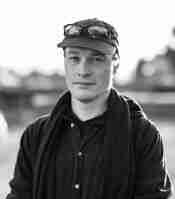
Pete Shadbolt, PhD
Co-founder and Chief Scientific Officer , PsiQuantum
Co-founder and Chief Scientific Officer , PsiQuantum
Pete Shadbolt is a co-founder and Chief Scientific Officer at PsiQuantum. He has worked on quantum computing for the last 15 years. Pete has a PhD in experimental quantum photonics from the University of Bristol and completed a postdoc in the theory group at Imperial College in London. In 2016, Pete and his co-founders moved to Palo Alto, California to start PsiQuantum.
PsiQuantum’s only goal is to build and deploy a useful, fault-tolerant quantum computer. The company’s photonic approach allows it to leverage high-volume semiconductor manufacturing and existing cryogenic infrastructure to rapidly scale its systems. In 2024, PsiQuantum announced that it will build its first utility-scale quantum computers in Brisbane, Australia and Chicago, Illinois.
View Info
Hide Info
Round table: Process Co-optimization for High Performance Photonic/Quantum Designs
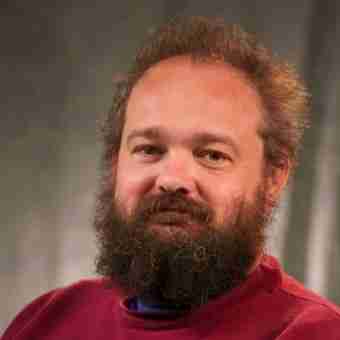
Gilles Lamant
Distinguished Engineer, Cadence
Distinguished Engineer, Cadence

Pete Shadbolt, PhD
Co-founder and Chief Scientific Officer , PsiQuantum
Co-founder and Chief Scientific Officer , PsiQuantum
Pete Shadbolt is a co-founder and Chief Scientific Officer at PsiQuantum. He has worked on quantum computing for the last 15 years. Pete has a PhD in experimental quantum photonics from the University of Bristol and completed a postdoc in the theory group at Imperial College in London. In 2016, Pete and his co-founders moved to Palo Alto, California to start PsiQuantum.
PsiQuantum’s only goal is to build and deploy a useful, fault-tolerant quantum computer. The company’s photonic approach allows it to leverage high-volume semiconductor manufacturing and existing cryogenic infrastructure to rapidly scale its systems. In 2024, PsiQuantum announced that it will build its first utility-scale quantum computers in Brisbane, Australia and Chicago, Illinois.
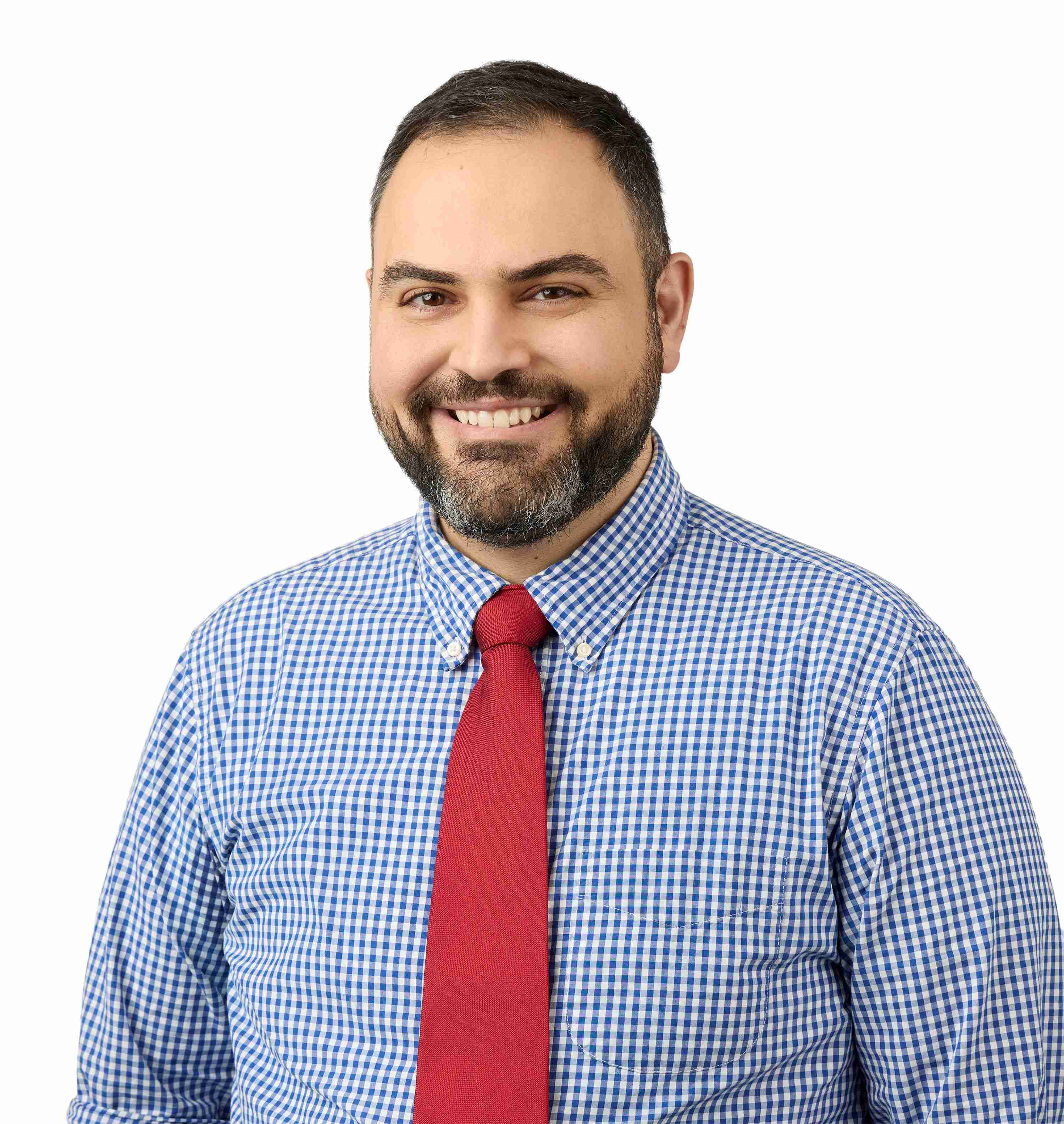
Pouya Dianat, PhD
Chief Revenue Officer at Quantum Computing Inc. , Quantum Computing Inc.
Chief Revenue Officer at Quantum Computing Inc. , Quantum Computing Inc.
Pouya Dianat, PhD, is the Chief Revenue Officer at Quantum Computing Inc. (QCi), bringing over 18 years of experience in the photonics industry, with a strong focus on the commercialization of photonic technologies. His expertise spans more than a decade in advancing photonic solutions, underpinned by eight years of graduate research in the field. Prior to his current role, Dr. Dianat served as Director of Photonic Integrated Circuits (PICs) and Foundry Services at QCi, where he led the commercialization of the company’s thin-film lithium niobate technology beginning in July 2024. From 2018 to 2021, he was Chief Technology Officer at Nanograss Solar LLC, a company specializing in high-speed photodetectors. Between 2021 and 2022, he served as an Entrepreneur-in-Residence at Drexel University while concurrently working as a scientist at Princeton Infrared Technologies, which developed advanced infrared camera systems. From March 2022 to July 2023, Dr. Dianat was a Senior Photonics Engineer at Optogration, a Luminar Company, where he led business development, commercialization efforts, and scale-up of photonic detector chips for automotive LIDAR applications. Most recently, from 2023 to 2024, he was the Market Expert and Director of PIC and Quantum Technologies at OPTICA, a leading global optics and photonics society.
View Info
Hide Info
Ultrashort pulsed (mode-locked) lasers are widely used for many applications, such as imaging, biosensing, spectroscopy, LiDARs, and communication. Pulsed lasers are also important in quantum sciences, where they are used for precise control and measurement of quantum systems. Because of the wide variety of applications, femtosecond pulse technology has already led to four Nobel Prizes (1999, 2005, 2018, 2023). However, state-of-the-art femtosecond lasers are bulky and cost hundreds of thousands of dollars, remarkably limiting their use. Our goal is to fabricate such ultrashort lasers on an integrated photonic platform, bringing the cost and size down by several orders of magnitude and democratizing the femtosecond technology for even wider use.
In this talk, I present our lab group’s work on miniaturizing Ti:sapphire laser technology, a gold standard platform for tunable and ultrashort (5-10 fs) lasers due to their unmatched bandwidth (650-1100 nm). So far, we have demonstrated on-chip tunable Ti:sapphire lasers less than 0.5 mm in size, enabling optical control of silicon carbide defects in a cavity QED experiment. Now, we focus on mode-locking on-chip Ti:sapphire lasers, working towards the first on-chip femtosecond laser using a solid-state crystal gain material.
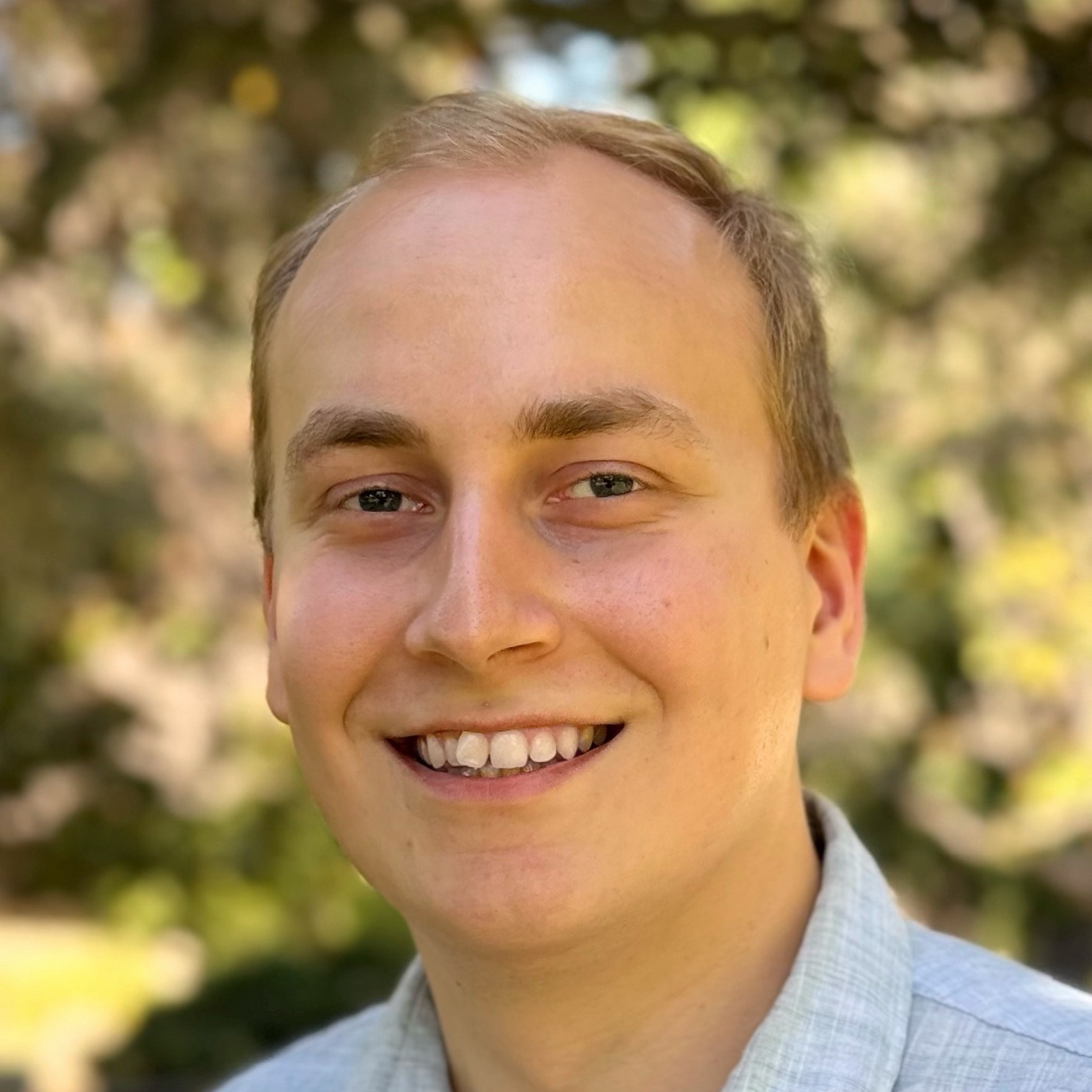
Richard Luhtaru
Stanford University
Stanford University
Richard Luhtaru is a PhD student in the Nanoscale and Quantum Photonics Lab led by Jelena Vučković at Stanford University. He is passionate about enabling new applications using nanophotonics and is currently working on miniaturized Ti:sapphire laser technology for ultrashort pulsed lasers.
View Info
Hide Info
Point defects in diamond have emerged as powerful tools for quantum technologies owing to their excellent optical and spin properties. These defects serve as deterministic single-photon sources and solid-state quantum memories for quantum information processing as well as nanoscale quantum sensors to detect various physical quantities (e.g., magnetic fields, electric fields, and temperature). Recent development of nanofabrication technologies for high-quality single-crystal diamond has boost the diamond-based quantum technologies. Incorporating these diamond nanostructures with mature integrated photonics would further accelerate building scalable and practical quantum systems. This talk will focus on recent progress and challenges in hybrid diamond integrated photonics.
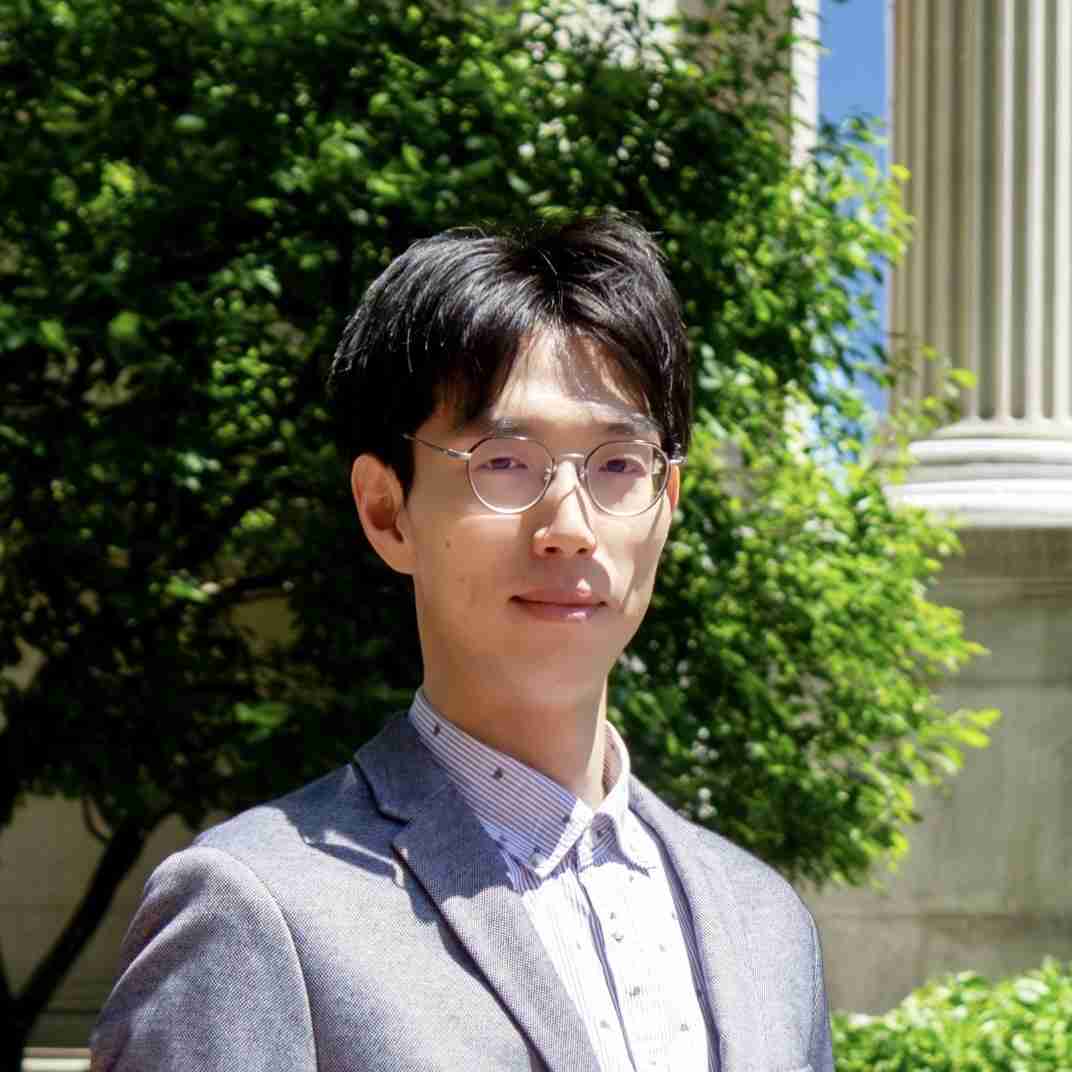
Ryota Katsumi, PhD
Associate Professor at Toyohashi University of Technology and Research Scientist at Columbia University, Columbia University
Associate Professor at Toyohashi University of Technology and Research Scientist at Columbia University, Columbia University
Ryota Katsumi received his Ph.D. in Physics from the University of Tokyo in 2021. He is currently an Associate Professor at Toyohashi University of Technology and research scientist at Columbia University. His research interests include integrated photonics and quantum photonics.
View Info
Hide Info
Quantum sensors based on thermal alkali vapors are a promising new category of sensors that optically interrogate atoms in a vapor cell and make use of their sensitivity to changes in their environment, such as changes in the magnetic or gravitational fields surrounding the atoms.
At Hamamatsu we have a long history of manufacturing photonic technology based on precision glasswork and alkali material processing. This puts us in a unique position to add value to the quantum sensor market.
In this talk, I would like to introduce Hamamatsu’s recent development efforts in the field of quantum sensors with a focus on our optically pumped magnetometer which is scheduled to be released in late-2025.
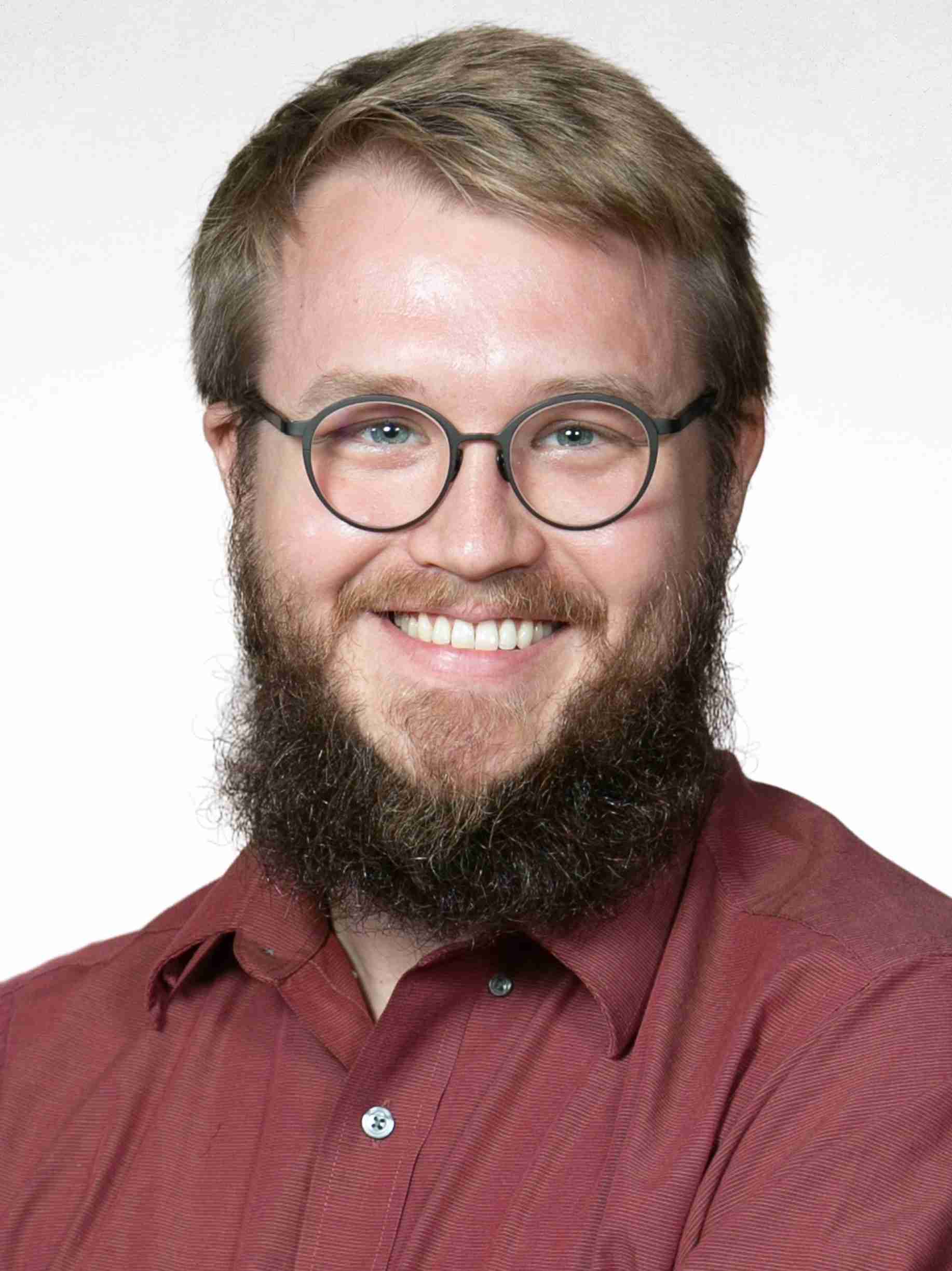
Michael Semmlinger, PhD
Research Support Supervisor, Hamamatsu Corporation
Research Support Supervisor, Hamamatsu Corporation
Michael Semmlinger is a key member of Hamamatsu’s research support and marketing team, specializing in cutting-edge quantum sensing technologies, including optically pumped magnetometers and atomic clocks. Passionate about innovation, Michael bridges the gap between groundbreaking R&D in Japan and real-world market needs, delivering custom solutions that redefine possibilities in quantum sensing applications. Michael received his Ph.D. in Applied Physics from Rice University in 2020, centered on research in nonlinear metamaterials. He thrives at the forefront of emerging technologies, shaping the future of quantum sensing with curiosity and precision.
View Info
Hide Info
Over the past few years Silicon Photonics based integrated circuits have become accepted as a standard component of optical transceiver modules. This has allowed the technology to mature dramatically through scale up of manufacturing and billions of device-hours of use inside datacenters. Now we look forward to other applications that can be served by these technologies – both in terms of reuse of tried and tested components from optical transceivers, and new features that can enable new optical functionality on a silicon wafer.
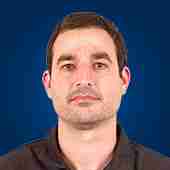
Edward Preisler, PhD
Vice President and Co General Manager of RF Business Unit, Tower Semiconductor
Vice President and Co General Manager of RF Business Unit, Tower Semiconductor
Dr. Preisler was appointed Vice President and Co General Manager of RF Business Unit in 2023 following his previous role as Director of Technology Development, RF & HPA. Dr. Preisler has been involved with SiGe BiCMOS development since joining Tower Semiconductor in 2004 and has held the title of Director of Technology Development since 2012. He has served on the committees of the IEEE RFIC and BCTM conferences and as a member of the ITRS wireless roadmap bipolar device committee.
Dr. Preisler received a B.Sc. in Electrical Engineering from U.C. San Diego and a Ph.D. in Applied Physics from Caltech in 2003 with a thesis that focused on antimonide semiconductors for optoelectronics. After graduating he served as a post-doctoral researcher at the IBM T.J. Watson research lab working on crystalline oxides and high-K gate dielectrics.
He has authored or co-authored 32 papers in the field of compound and column IV alloy semiconductor processing and device development, and two book chapters on bipolar device physics and processing.
View Info
Hide Info
QCi
Photonic-based devices are quickly emerging as a forerunner for the practical implementation of quantum technologies, such as, quantum computers, quantum information processors, quantum communication devices and quantum sensors. In this talk, we will argue that Thin Film Lithium Niobate on Insulator is an ideal materials system that meets both the aforementioned scientific and technological requirements. We will share our recent results fabricating and characterizing TFLN devices as well as our progress in building a foundry for TFLN processing.

Pouya Dianat, PhD
Chief Revenue Officer at Quantum Computing Inc. , Quantum Computing Inc.
Chief Revenue Officer at Quantum Computing Inc. , Quantum Computing Inc.
Pouya Dianat, PhD, is the Chief Revenue Officer at Quantum Computing Inc. (QCi), bringing over 18 years of experience in the photonics industry, with a strong focus on the commercialization of photonic technologies. His expertise spans more than a decade in advancing photonic solutions, underpinned by eight years of graduate research in the field. Prior to his current role, Dr. Dianat served as Director of Photonic Integrated Circuits (PICs) and Foundry Services at QCi, where he led the commercialization of the company’s thin-film lithium niobate technology beginning in July 2024. From 2018 to 2021, he was Chief Technology Officer at Nanograss Solar LLC, a company specializing in high-speed photodetectors. Between 2021 and 2022, he served as an Entrepreneur-in-Residence at Drexel University while concurrently working as a scientist at Princeton Infrared Technologies, which developed advanced infrared camera systems. From March 2022 to July 2023, Dr. Dianat was a Senior Photonics Engineer at Optogration, a Luminar Company, where he led business development, commercialization efforts, and scale-up of photonic detector chips for automotive LIDAR applications. Most recently, from 2023 to 2024, he was the Market Expert and Director of PIC and Quantum Technologies at OPTICA, a leading global optics and photonics society.
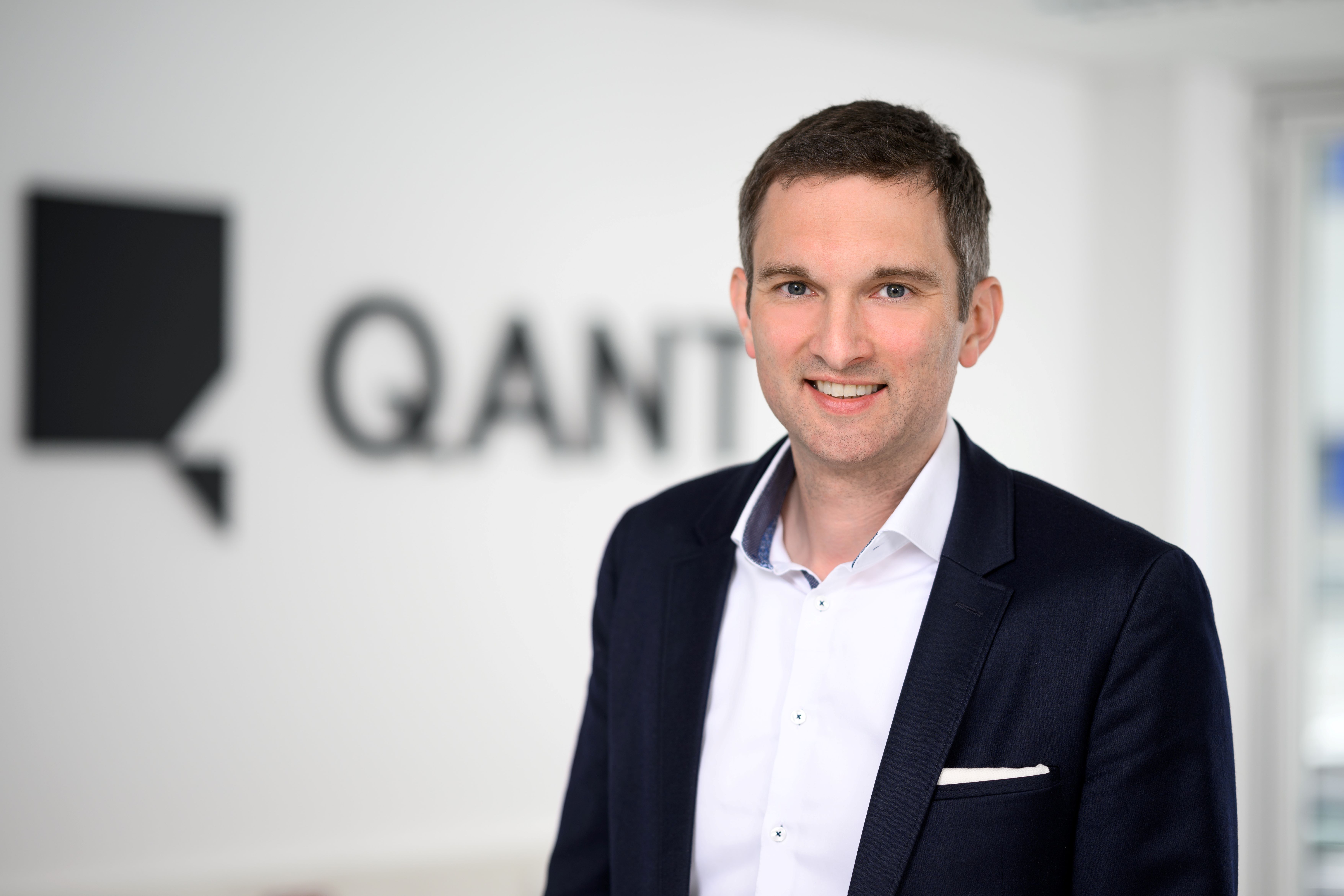
Michael Förtsch
Chief Executive Officer, Q.ANT GmBH
Chief Executive Officer, Q.ANT GmBH
Michael Förtsch is the founder and CEO of Q.ANT, a start-up developing photonic quantum technologies. Q.ANT's product developments include sensors for detecting particle properties as well as for human-machine interaction and photonic computing.
After studying mathematics and physics, Michael Förtsch earned his doctorate at the Max Planck Institute for the Physics of Light in Erlangen. For his scientific achievements in the field of quantum information processing, he was awarded the Otto Hahn Medal by the Max Planck Society.
After an international research stay at the National Institute for Standards and Technology in Boulder, he started as a strategy consultant at TRUMPF GmbH + Co. KG in Stuttgart in 2015. After successfully completing several strategy projects, he became the personal assistant to the CTO and vice chairman of the management board of the TRUMPF Group in 2016.
In 2018, he founded Q.ANT in Stuttgart, growing the company to 90 employees and 4 product lines. Recently, he was appointed head of the German photonic quantum computer hub, realizing the development of a photonic quantum computer with a multi-disciplinary team consisting of universities and companies.
View Info
Hide Info
As the demand for high-baudrate communication continues to rise, opto-electronic co-design is becoming ever more essential. Applications such as high-speed optical interconnects and radio-over-fiber require precise coordination of key performance parameters, such as noise, bandwidth, and linearity, across both photonic integrated circuits (PICs) and electronic integrated circuits (EICs). However, the absence of a mature PIC design flow remains a significant bottleneck, especially as system complexity scales. This work introduces a PIC design flow, mirroring many aspects of EIC design practices, implemented within the Cadence environment. Specifically, it presents the electro-optic design of a traveling-wave Mach-Zehnder modulator (TW-MZM), alongside the design of a photonics-assisted phased array.
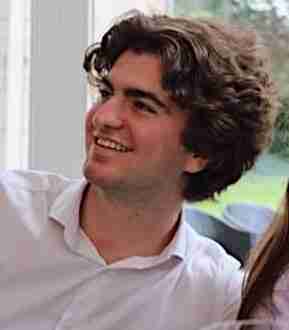
Gaël Jongbloet
PhD Researcher at IDLab, Ghent University – Imec, Imec
PhD Researcher at IDLab, Ghent University – Imec, Imec
Gaël Jongbloet was born in Ghent, Belgium in 2001. He received his BSc and MSc degree in electrical engineering in 2022 and 2024 respectively from Ghent University, Ghent, Belgium, where he is currently working toward the Ph.D. degree with the Department of Information Technology. As part of the IDLab-Design group, he works on both mmWave RFICs as well as photonic ICs. His research interests include photonics-aided sub-THz transceivers for integrated sensing and communication applications
View Info
Hide Info
Photonic integrated circuits (PICs) are poised to play a transformative role in the development of large-scale, heterogeneous quantum networks by providing compact, stable, and manufacturable platforms for generating, manipulating, and transmitting quantum states of light. Within the Rochester Quantum Network (RoQNET)—a 38 km metro optical fiber testbed between the University of Rochester and Rochester Institute of Technology—we have shown how small-scale chips can support high-performance quantum information processing. By integrating photon-pair sources, reconfigurable circuitry, and wavelength-bridging devices onto PICs, we are building systems that connect diverse quantum nodes. Ultimately, these integrated photonic technologies chart a path toward quantum networks enabling secure communication, distributed entanglement, and scalable quantum information processing.
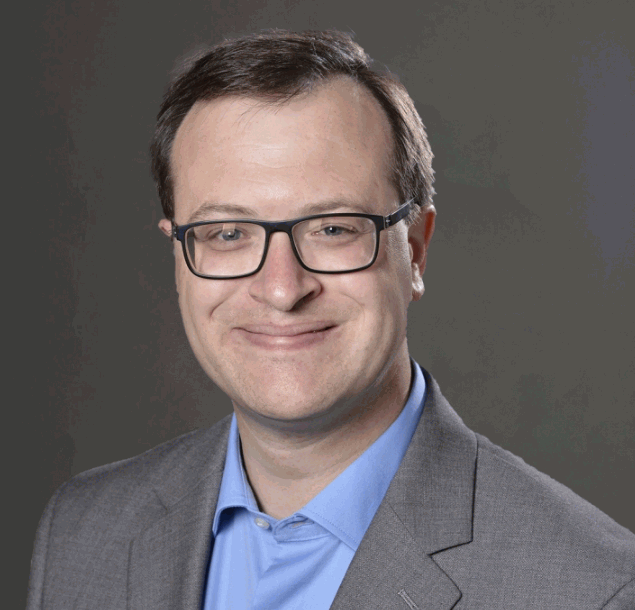
Stefan Preble, PhD
Bausch and Lomb Professor in Microsystems Engineering & Director of the Microsystems Engineering Ph.D. Program, Rochester Institute of Technology (RIT)
Bausch and Lomb Professor in Microsystems Engineering & Director of the Microsystems Engineering Ph.D. Program, Rochester Institute of Technology (RIT)
Stefan Preble is the Bausch and Lomb Professor in Microsystems Engineering & Director of the Microsystems Engineering Ph.D. Program at the Rochester Institute of Technology (RIT). He is an expert in Photonic Integrated Circuit (PIC) design, fabrication, testing and packaging. His research is focused on the development of PICs for high performance computing, communication and sensing applications. He received a B.S. from RIT in Electrical Engineering (2002), and Ph.D. in Electrical & Computer Engineering from Cornell University (2007). He leads education initiatives for AIM Photonics, including, the online course, “Photonic Integrated Circuits 1” which has trained thousands on PIC design; he also leads AIM Photonics Testing & Packaging workshops and Hands-on Photonic Education Kits (HOPE) kits.
View Info
Hide Info
Quantum repeaters are a necessary building block of a distributed quantum network. A key protocol for quantum repeaters is entanglement swapping, which is used to entangle two independent photons that have never interacted. In the most common implementation, two pairs of photons are created and a joint measurement of two of the photons (one from each pair) projects the remaining two photons onto an entangled state. Previous demonstrations of entanglement swapping have required large, power-hungry components and operate in tightly controlled laboratory environments. The goal of the Q4S mission is to overcome these constraints to perform entanglement swapping onboard a satellite. Q4S employs low size, weight, and power components, operates over a wide ambient temperature range, and is robust to certain single point failures, enabling entanglement swapping to be carried out in a deployable satellite. Here we present design choices and preliminary performance results of the prototype ground-twin. This work is an important step towards deploying a satellite quantum network for long-distance entanglement distribution.
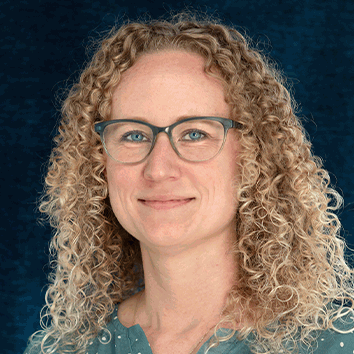
Jennifer Ellis, PhD
Research Scientist at HRL Laboratories, HLR Laboratories
Research Scientist at HRL Laboratories, HLR Laboratories
Dr. Jennifer Ellis is a research scientist at HRL Laboratories and the principal investigator for the Boeing-led Q4S program, which aims to advance space-based quantum networking by demonstrating entanglement swapping in space. In this work, she is leading a team of engineers and scientists to develop a robust, low SWaP quantum optical payload to do entanglement swapping. Before joining HRL, Jennifer was a post-doctoral researcher at the National Institute of Standards and Technology (NIST) where she worked on extending the range of state-of-the-art high precision time transfer. She holds a PhD in ultrafast optics from JILA and the University of Colorado Boulder.
Event Details
This event has passed.
Please visit our proceedings page for event presentations. You can find these under CadenceCONNECT Events.
Event Summary
The year 2025 is both a turning point for integrated photonics as a key enabler for AI, physical and infrastructure interconnect, and the International Year of Quantum (IYQ). At our event, we will explore the enabling technologies shared by these two exciting fields. While these systems need to exist in a broader ecosystem, we will focus on the technologies required to enable the creation and analysis of the devices, the ICs, and the full system.
Join Cadence for one or both days of the 9th annual CadenceCONNECT photonics event and workshop.
Day 1: Features presentations from industry and academic experts
Day 2: Offers hands-on learning with photonic experts
Who should attend?
- Photonics and quantum IC designers and architects
- Photonics and quantum design project leads
- Photonics and quantum design managers
- CAD and PDK managers
Don’t miss this opportunity to learn about solutions for your design challenges and network with other expert users during lunch and social hours.
Seating is limited. If you register and cannot attend, please notify us.
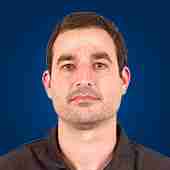
Vice President and Co General Manager of RF Business Unit, Tower Semiconductor
READ BIOTower Semiconductor
Dr. Preisler was appointed Vice President and Co General Manager of RF Business Unit in 2023 following his previous role as Director of Technology Development, RF & HPA. Dr. Preisler has been involved with SiGe BiCMOS development since joining Tower Semiconductor in 2004 and has held the title of Director of Technology Development since 2012. He has served on the committees of the IEEE RFIC and BCTM conferences and as a member of the ITRS wireless roadmap bipolar device committee.
Dr. Preisler received a B.Sc. in Electrical Engineering from U.C. San Diego and a Ph.D. in Applied Physics from Caltech in 2003 with a thesis that focused on antimonide semiconductors for optoelectronics. After graduating he served as a post-doctoral researcher at the IBM T.J. Watson research lab working on crystalline oxides and high-K gate dielectrics.
He has authored or co-authored 32 papers in the field of compound and column IV alloy semiconductor processing and device development, and two book chapters on bipolar device physics and processing.
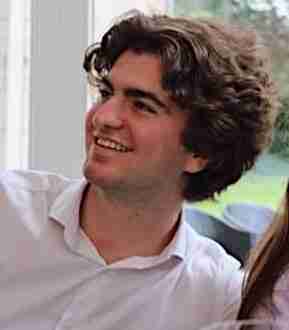
PhD Researcher at IDLab, Ghent University – Imec, Imec
READ BIOImec
Gaël Jongbloet was born in Ghent, Belgium in 2001. He received his BSc and MSc degree in electrical engineering in 2022 and 2024 respectively from Ghent University, Ghent, Belgium, where he is currently working toward the Ph.D. degree with the Department of Information Technology. As part of the IDLab-Design group, he works on both mmWave RFICs as well as photonic ICs. His research interests include photonics-aided sub-THz transceivers for integrated sensing and communication applications
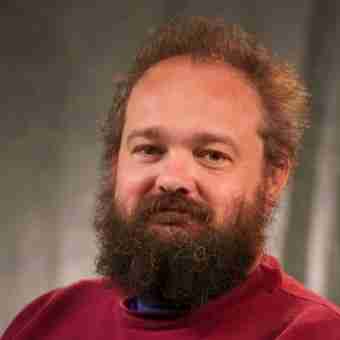
Distinguished Engineer, Cadence
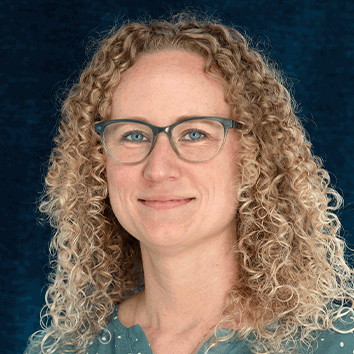
Research Scientist at HRL Laboratories, HLR Laboratories
READ BIOHLR Laboratories
Dr. Jennifer Ellis is a research scientist at HRL Laboratories and the principal investigator for the Boeing-led Q4S program, which aims to advance space-based quantum networking by demonstrating entanglement swapping in space. In this work, she is leading a team of engineers and scientists to develop a robust, low SWaP quantum optical payload to do entanglement swapping. Before joining HRL, Jennifer was a post-doctoral researcher at the National Institute of Standards and Technology (NIST) where she worked on extending the range of state-of-the-art high precision time transfer. She holds a PhD in ultrafast optics from JILA and the University of Colorado Boulder.
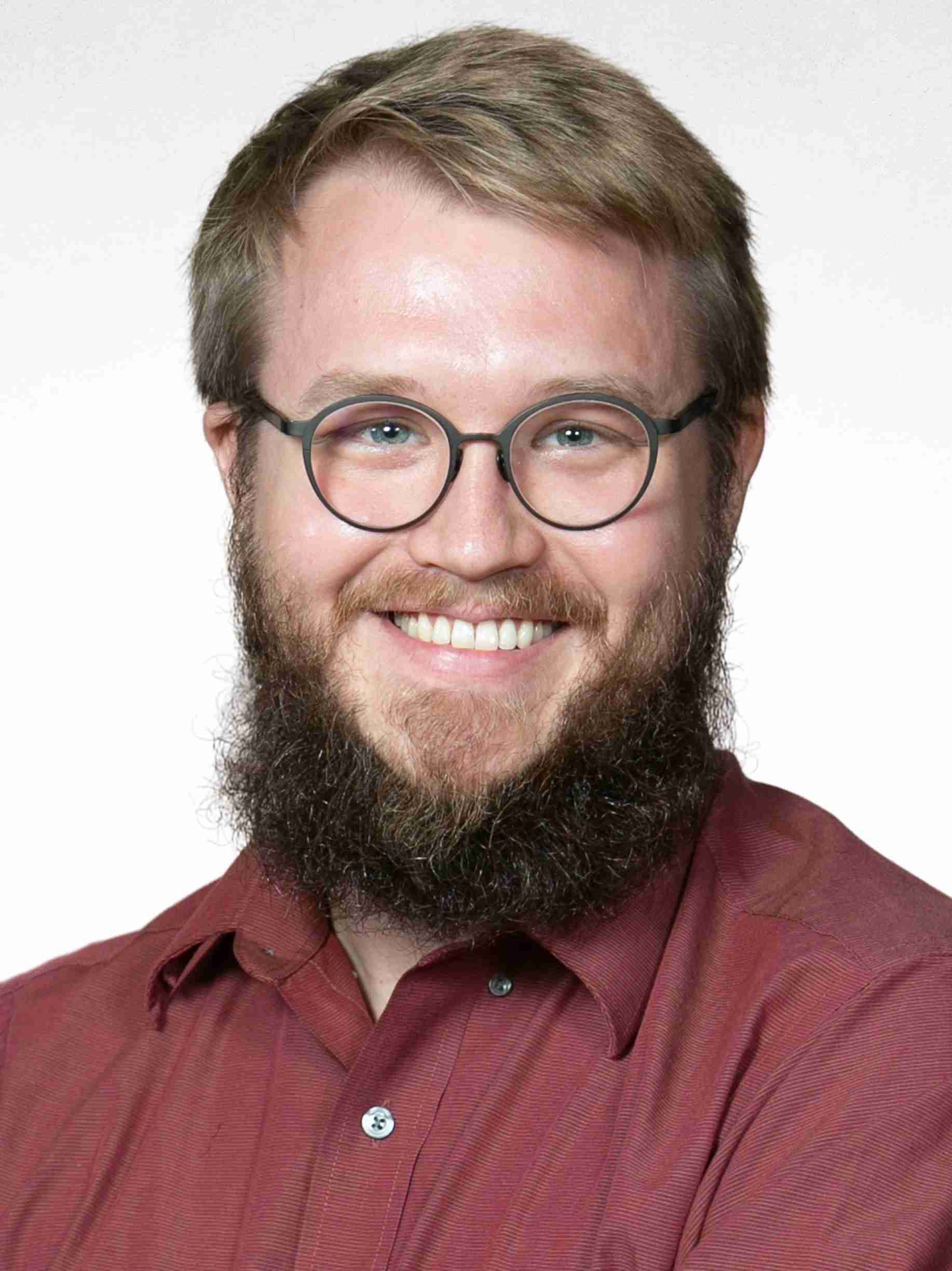
Research Support Supervisor, Hamamatsu Corporation
READ BIOHamamatsu Corporation
Michael Semmlinger is a key member of Hamamatsu’s research support and marketing team, specializing in cutting-edge quantum sensing technologies, including optically pumped magnetometers and atomic clocks. Passionate about innovation, Michael bridges the gap between groundbreaking R&D in Japan and real-world market needs, delivering custom solutions that redefine possibilities in quantum sensing applications. Michael received his Ph.D. in Applied Physics from Rice University in 2020, centered on research in nonlinear metamaterials. He thrives at the forefront of emerging technologies, shaping the future of quantum sensing with curiosity and precision.
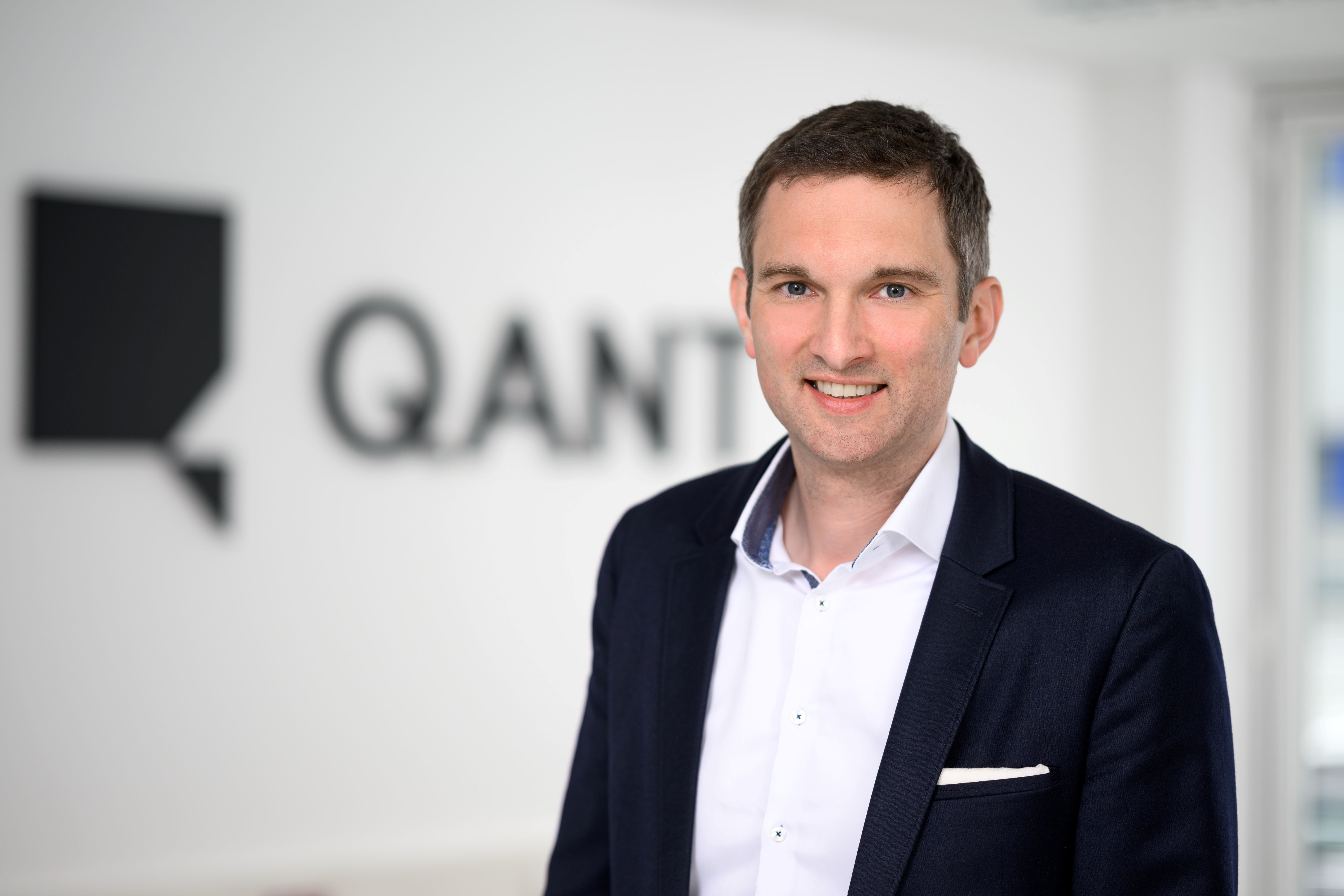
Chief Executive Officer, Q.ANT GmBH
READ BIOQ.ANT GmBH
Michael Förtsch is the founder and CEO of Q.ANT, a start-up developing photonic quantum technologies. Q.ANT's product developments include sensors for detecting particle properties as well as for human-machine interaction and photonic computing.
After studying mathematics and physics, Michael Förtsch earned his doctorate at the Max Planck Institute for the Physics of Light in Erlangen. For his scientific achievements in the field of quantum information processing, he was awarded the Otto Hahn Medal by the Max Planck Society.
After an international research stay at the National Institute for Standards and Technology in Boulder, he started as a strategy consultant at TRUMPF GmbH + Co. KG in Stuttgart in 2015. After successfully completing several strategy projects, he became the personal assistant to the CTO and vice chairman of the management board of the TRUMPF Group in 2016.
In 2018, he founded Q.ANT in Stuttgart, growing the company to 90 employees and 4 product lines. Recently, he was appointed head of the German photonic quantum computer hub, realizing the development of a photonic quantum computer with a multi-disciplinary team consisting of universities and companies.
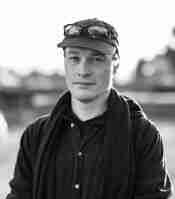
Co-founder and Chief Scientific Officer , PsiQuantum
READ BIOPsiQuantum
Pete Shadbolt is a co-founder and Chief Scientific Officer at PsiQuantum. He has worked on quantum computing for the last 15 years. Pete has a PhD in experimental quantum photonics from the University of Bristol and completed a postdoc in the theory group at Imperial College in London. In 2016, Pete and his co-founders moved to Palo Alto, California to start PsiQuantum.
PsiQuantum’s only goal is to build and deploy a useful, fault-tolerant quantum computer. The company’s photonic approach allows it to leverage high-volume semiconductor manufacturing and existing cryogenic infrastructure to rapidly scale its systems. In 2024, PsiQuantum announced that it will build its first utility-scale quantum computers in Brisbane, Australia and Chicago, Illinois.
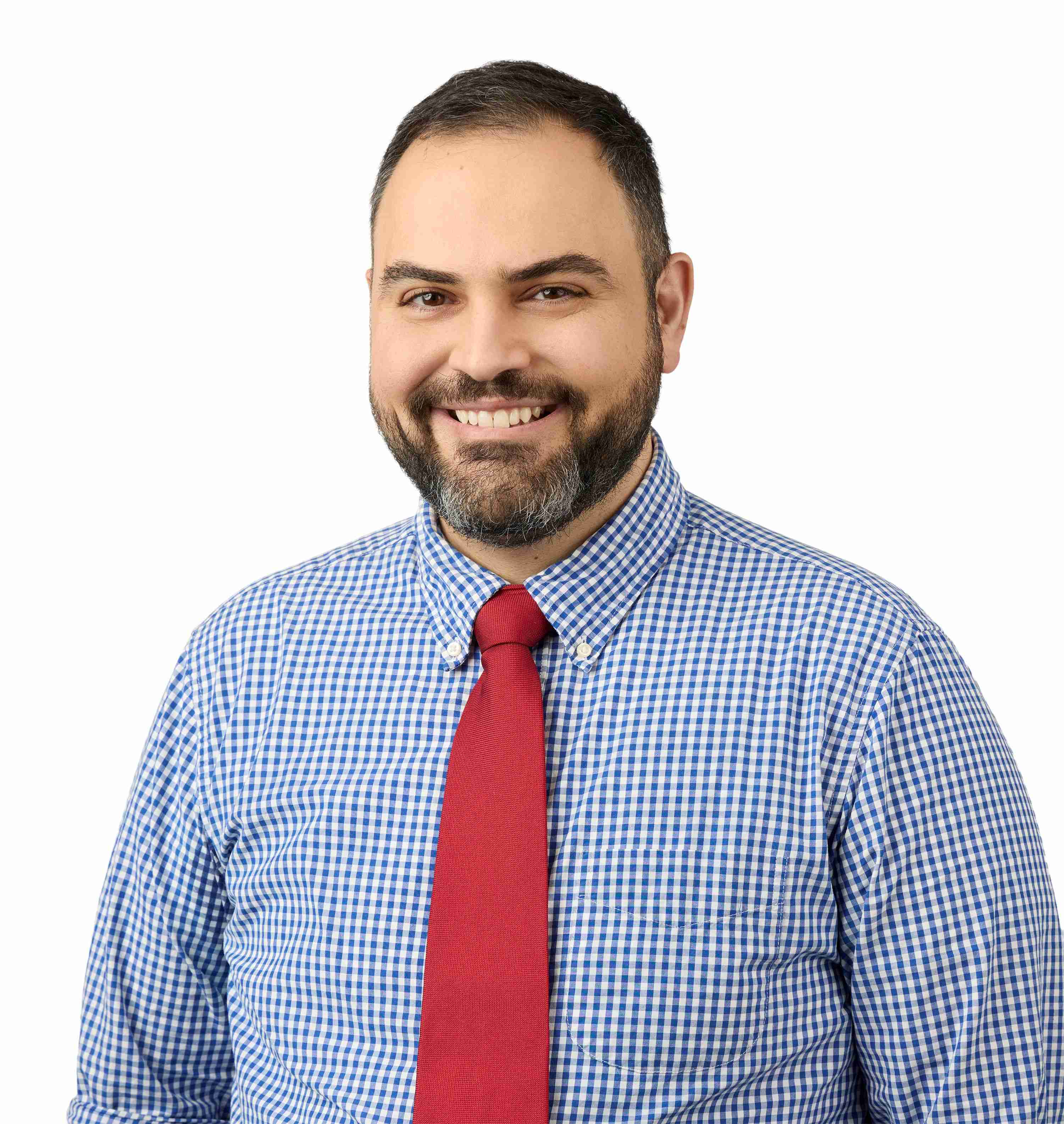
Chief Revenue Officer at Quantum Computing Inc. , Quantum Computing Inc.
READ BIOQuantum Computing Inc.
Pouya Dianat, PhD, is the Chief Revenue Officer at Quantum Computing Inc. (QCi), bringing over 18 years of experience in the photonics industry, with a strong focus on the commercialization of photonic technologies. His expertise spans more than a decade in advancing photonic solutions, underpinned by eight years of graduate research in the field. Prior to his current role, Dr. Dianat served as Director of Photonic Integrated Circuits (PICs) and Foundry Services at QCi, where he led the commercialization of the company’s thin-film lithium niobate technology beginning in July 2024. From 2018 to 2021, he was Chief Technology Officer at Nanograss Solar LLC, a company specializing in high-speed photodetectors. Between 2021 and 2022, he served as an Entrepreneur-in-Residence at Drexel University while concurrently working as a scientist at Princeton Infrared Technologies, which developed advanced infrared camera systems. From March 2022 to July 2023, Dr. Dianat was a Senior Photonics Engineer at Optogration, a Luminar Company, where he led business development, commercialization efforts, and scale-up of photonic detector chips for automotive LIDAR applications. Most recently, from 2023 to 2024, he was the Market Expert and Director of PIC and Quantum Technologies at OPTICA, a leading global optics and photonics society.
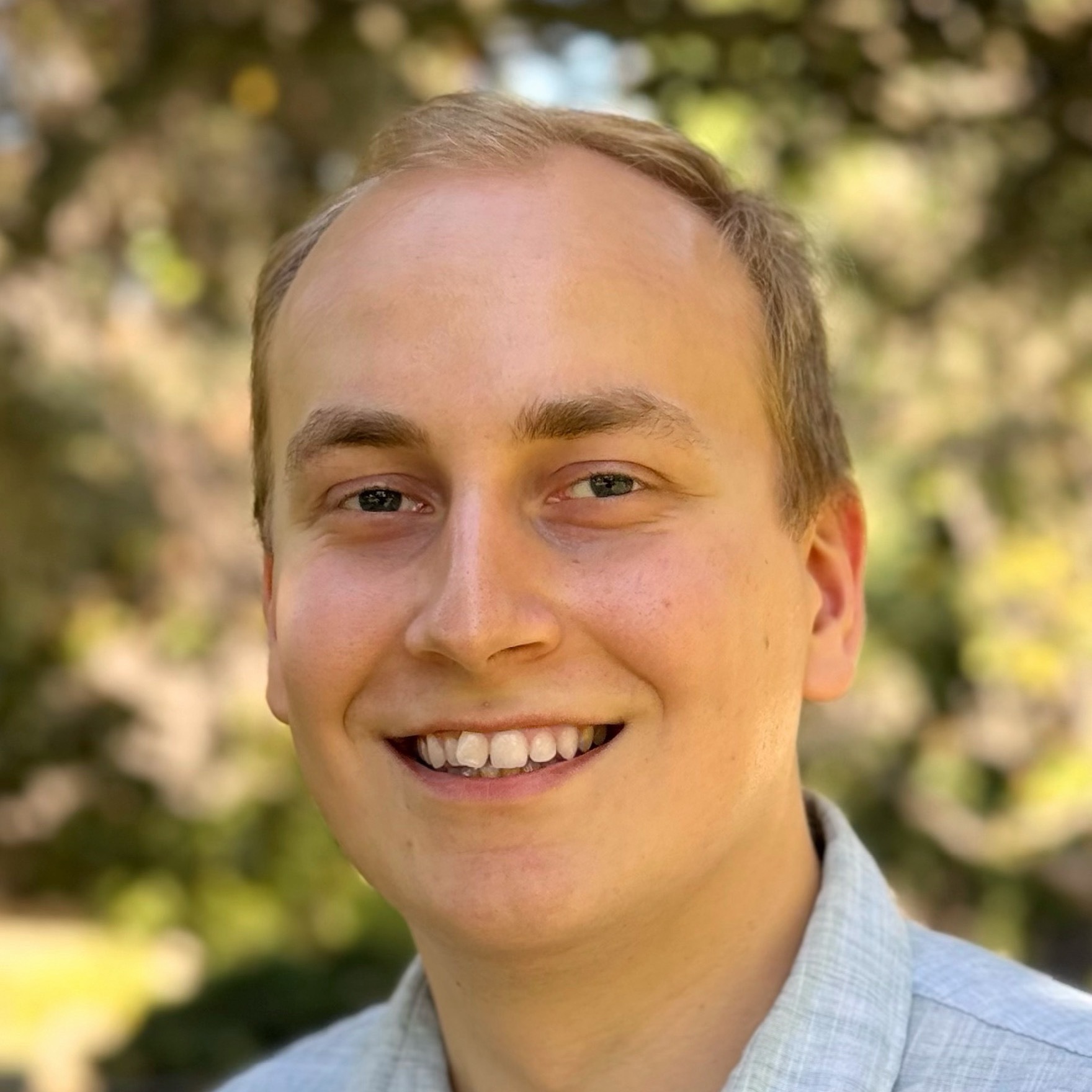
Stanford University
READ BIOStanford University
Richard Luhtaru is a PhD student in the Nanoscale and Quantum Photonics Lab led by Jelena Vučković at Stanford University. He is passionate about enabling new applications using nanophotonics and is currently working on miniaturized Ti:sapphire laser technology for ultrashort pulsed lasers.
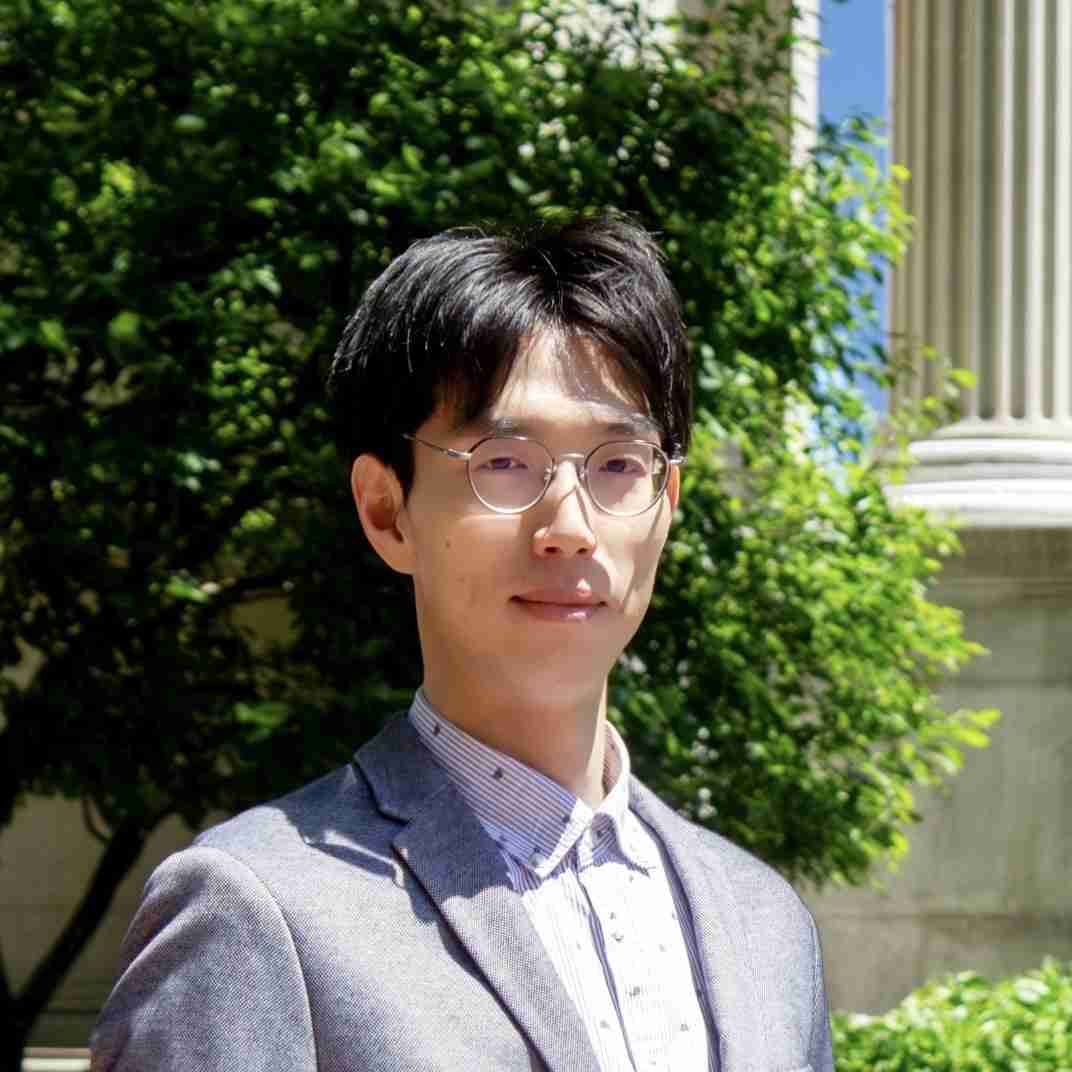
Associate Professor at Toyohashi University of Technology and Research Scientist at Columbia University, Columbia University
READ BIOColumbia University
Ryota Katsumi received his Ph.D. in Physics from the University of Tokyo in 2021. He is currently an Associate Professor at Toyohashi University of Technology and research scientist at Columbia University. His research interests include integrated photonics and quantum photonics.
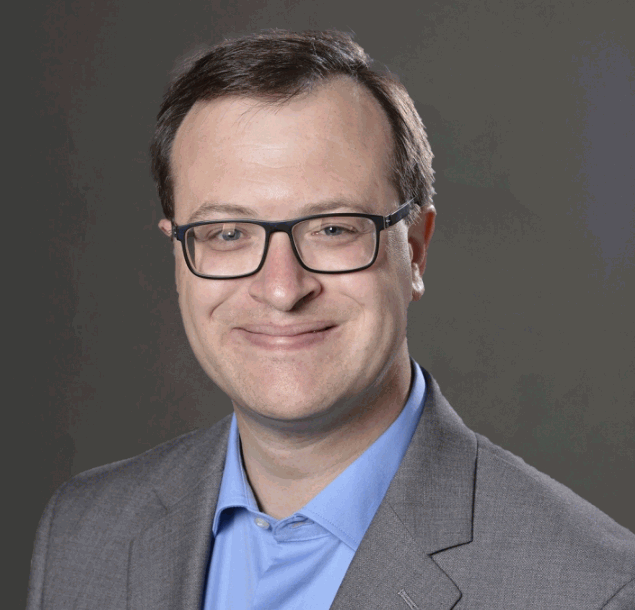
Bausch and Lomb Professor in Microsystems Engineering & Director of the Microsystems Engineering Ph.D. Program, Rochester Institute of Technology (RIT)
READ BIORochester Institute of Technology (RIT)
Stefan Preble is the Bausch and Lomb Professor in Microsystems Engineering & Director of the Microsystems Engineering Ph.D. Program at the Rochester Institute of Technology (RIT). He is an expert in Photonic Integrated Circuit (PIC) design, fabrication, testing and packaging. His research is focused on the development of PICs for high performance computing, communication and sensing applications. He received a B.S. from RIT in Electrical Engineering (2002), and Ph.D. in Electrical & Computer Engineering from Cornell University (2007). He leads education initiatives for AIM Photonics, including, the online course, “Photonic Integrated Circuits 1” which has trained thousands on PIC design; he also leads AIM Photonics Testing & Packaging workshops and Hands-on Photonic Education Kits (HOPE) kits.








Join industry experts for insightful sessions and networking opportunities.

Discover career-changing opportunities with top companies at our event.

Register now and unlock exclusive access to workshops and keynotes

A showcase of stunning visuals in one place.

Tell your event story through images

Tell your event story through images

Tell your event story through images

Tell your event story through images

Tell your event story through images

Tell your event story through images

Tell your event story through images

Tell your event story through images